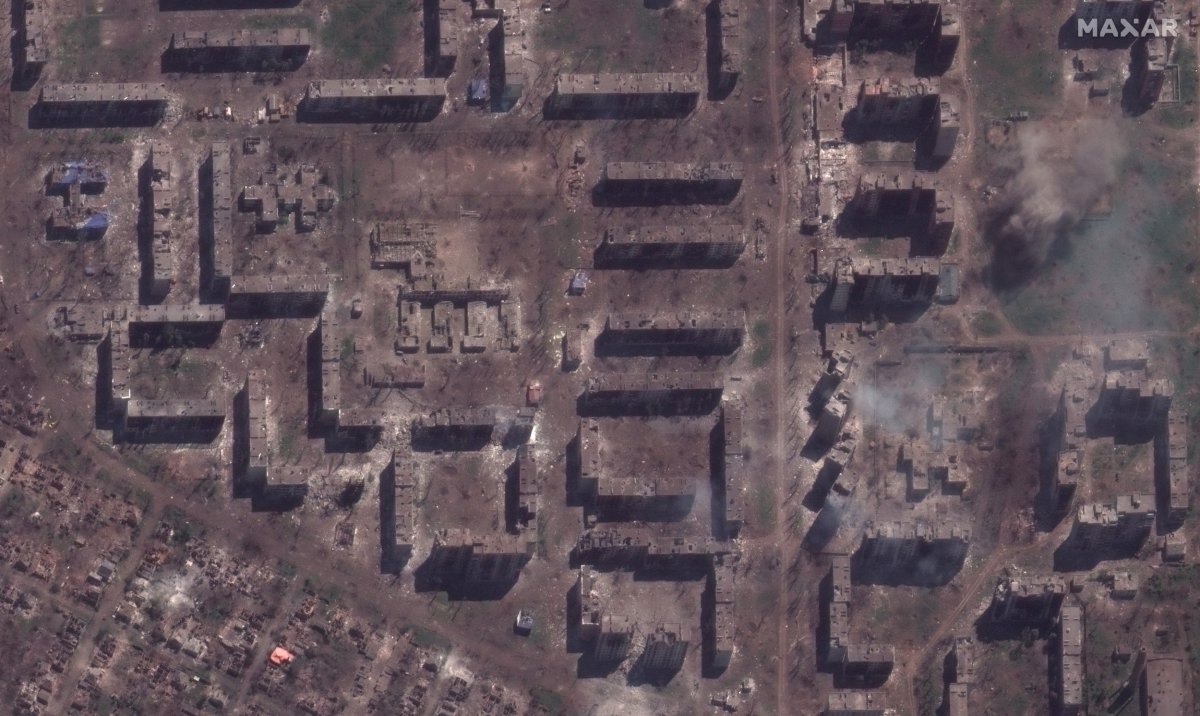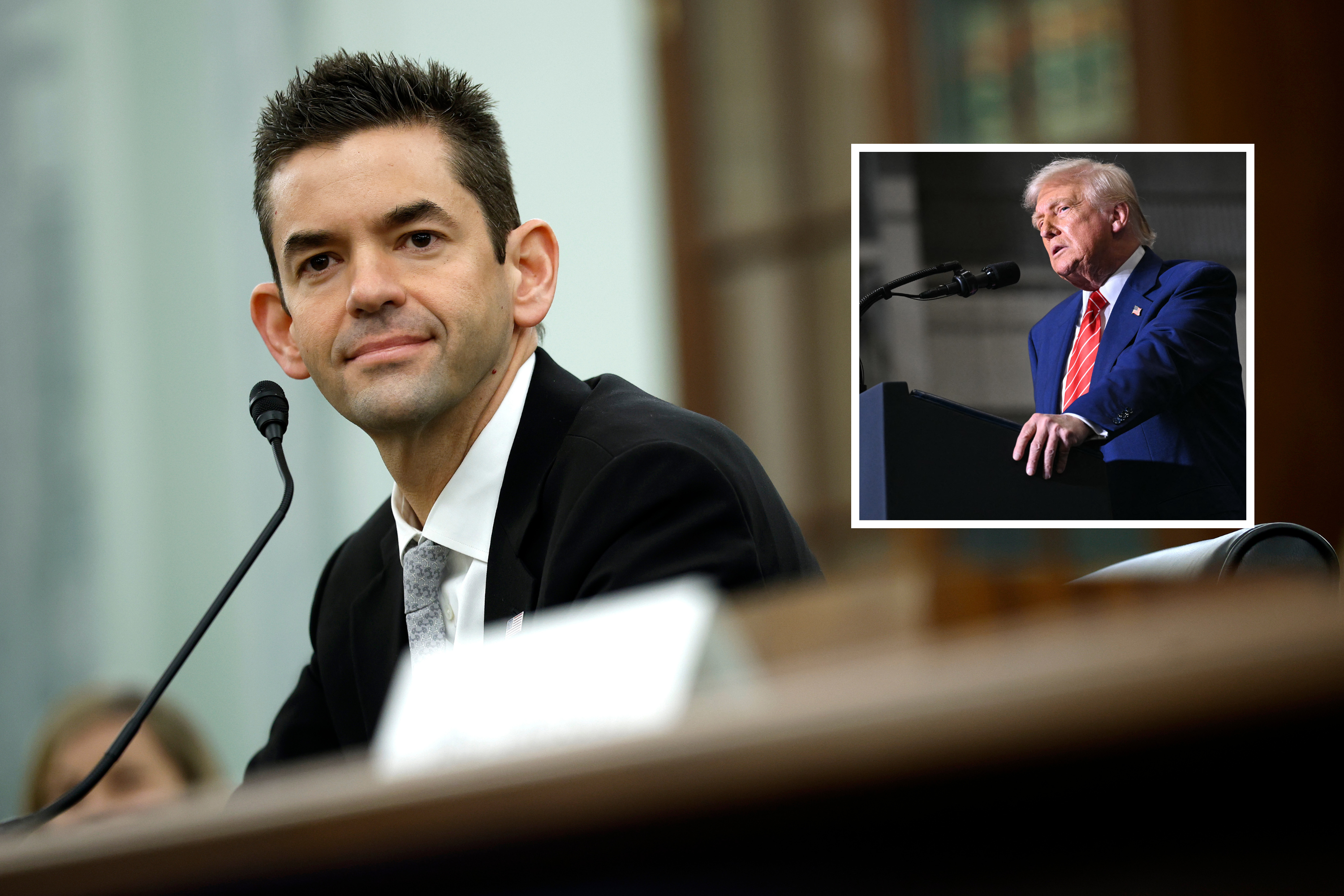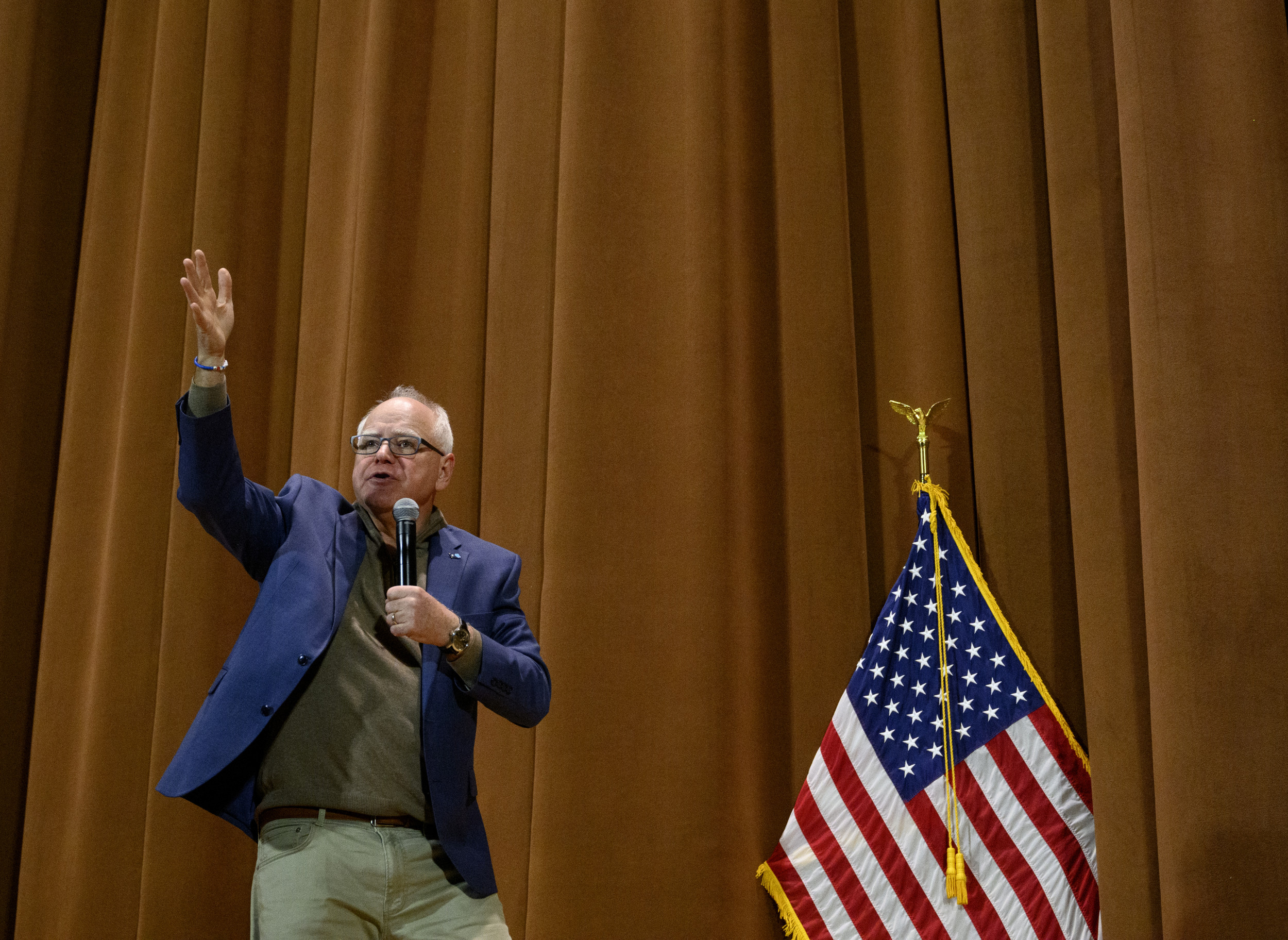🎙️ Voice is AI-generated. Inconsistencies may occur.
As Ukrainian forces continue to set conditions for a long-anticipated counteroffensive, Moscow's pundit class is running short on optimism. Rather than continuing to say that Russia's "special military operation" is still going according to plan, Kremlin-controlled media appear to be actively preparing the domestic population to accept further setbacks on the battlefield.
"Russian federal talk shows and news broadcasts are pointing to all of the Western military aid that Ukraine has received," Kateryna Stepanenko of the Institute for the Study of War told Newsweek. "They really highlight the number of troops trained by NATO countries and the quantity of Western-supplied weapons systems."
For more coverage about the war in Ukraine and the new world order,
please subscribe to our newsletter, The Frontlines.
Since the start of Russia's full-scale invasion, Western countries have supplied Ukraine with more than $60 billion in direct military aid, from the Javelin anti-tank rockets which helped repel Russia's initial assault on Kyiv last year to the Leopard tanks and Storm Shadow missiles that are just now making their way onto the battlefield.
Additionally, in recent months a collection of 26 countries including the U.S., the U.K., and Poland has put as many as 30,000 Ukrainian soldiers through training courses aimed at improving Kyiv's capacity to engage in combined arms warfare while also performing necessary maintenance work on the increasingly eclectic arsenal it has been receiving from international donors.

The Kremlin-approved message being communicated to Russian viewers seems to leave open the possibility that, following successful Ukrainian counteroffensive operations around Kharkiv last September and in the city of Kherson in November, Moscow expects that the summer of 2023 could see Ukrainian forces taking back territory around Melitopol, Berdyansk, and even in Crimea.
"A lot of the discussion on Russian television centers on where Ukraine is most likely to focus its counteroffensive operations," Stepanenko said. "They're talking up Ukraine's reconnaissance drones, they're showing lots of footage of Ukrainian strikes in Luhansk using the Storm Shadow missiles they recently received from the U.K., they're hyping the threat to Crimea, and they're aggressively tapping into Russians' fear of NATO and their fear of so-called 'Nazis' in Kyiv."
However, the Russian media spin is not all doom and gloom.
"At the same time they're hyping the threat, they're also demonstrating the actions that Russia is taking in order to reduce Ukraine's capacity to achieve a major breakthrough," Stepanenko explained. "They very frequently show the footage of recent Russian missile strikes that they claim have destroyed Ukrainian military facilities and tell viewers at home that these events have at least delayed the counteroffensive."
"If it turns out that Ukraine isn't able to move forward, Kremlin propaganda will be able to fall back on the line that it was Russian missile strikes and defensive preparations which saved the day," she said. "But if there do in fact end up being Russian military failures, then as long as those failures aren't catastrophic, the population won't be taken by surprise the way they were last September after the Ukrainian liberation of Kharkiv region."
According to figures with firsthand knowledge of how the Kremlin-controlled media ecosystem operates, such messaging would not be making it onto Russian television screens without the consent of the authorities. Rather than representing outbursts from rogue talk show guests, the narrative that Ukraine now represents a legitimate military threat to Russia—a stark contrast to the idea that Russian forces could still seize Kyiv in three days if they actually desired to do so—is being communicated to Russian audiences intentionally.

"There has already been a kind of filtration in which anyone who might say anything unpredictable was long since taken off of the air," Mikhail Sinelnikov-Orishak, a Russian political analyst who was formerly a frequent guest on Russian federal channel talk shows, told Newsweek. "Yes, there are talking heads who make pessimistic statements about the state of affairs on the battlefield, but anyone capable of analyzing the root of the problem is not invited into the studio."
For more coverage about The War in Ukraine and the New World Order,
please subscribe to our newsletter, The Frontlines.
This does not mean that those whose voices do get transmitted to the Russian domestic audience are painting a rosy picture. Instead, they are simply transmitting the rosiest picture possible under the circumstances.
"Even hardened patriots are confessing that the Ukrainian counteroffensive is likely to be successful to some extent, but the caveat they insert is that it still won't be fatal for the Russian war effort," Sinelnikov-Orishak said.
"They argue that Ukraine has overpromised its prospects of success, both to its own people and to its Western partners, and that when Ukrainian gains on the battlefield prove to be less than what was hoped for, it will be so demoralizing to Kyiv that the end result will be a Russian victory of sorts," he added. "The talk shows have become a kind of televised psychological therapy session."
According to Sinelnikov-Orishak, the on-screen reality demonstrates the limits of the Kremlin's capacity to bend reality to its will, even domestically. However, he still sees the potential for such information operations to help prop up passive acceptance of Vladimir Putin's "special military operation" among the Russian public.
"If Russian propaganda had the capacity to mobilize, then it wouldn't be so difficult for the military to find volunteers willing to sign contracts," he noted. "However, even if Russian troops are pushed back to the borders of February 24, 2022 and the fighting ends there, it will be said inside Russia that we have 'demilitarized' Ukraine and thus prevented them from launching large scale attacks on Russian territory."
"So long as the Ukrainian counteroffensive does not lead to a convincing defeat for the Russian army," he added, "most Russians will remain convinced that all of this was somehow necessary."



